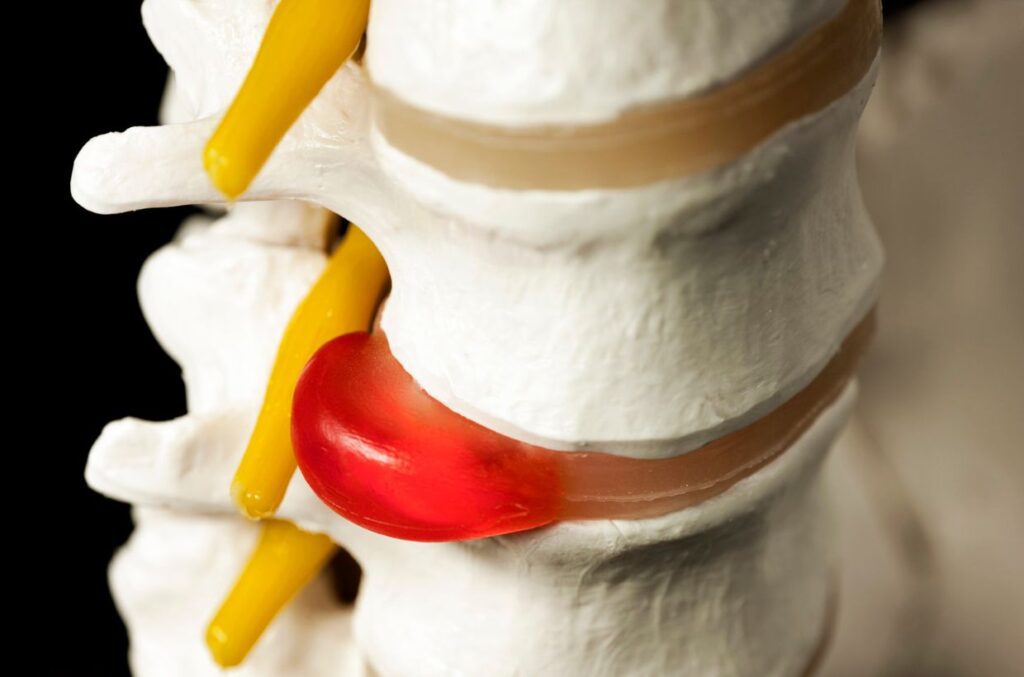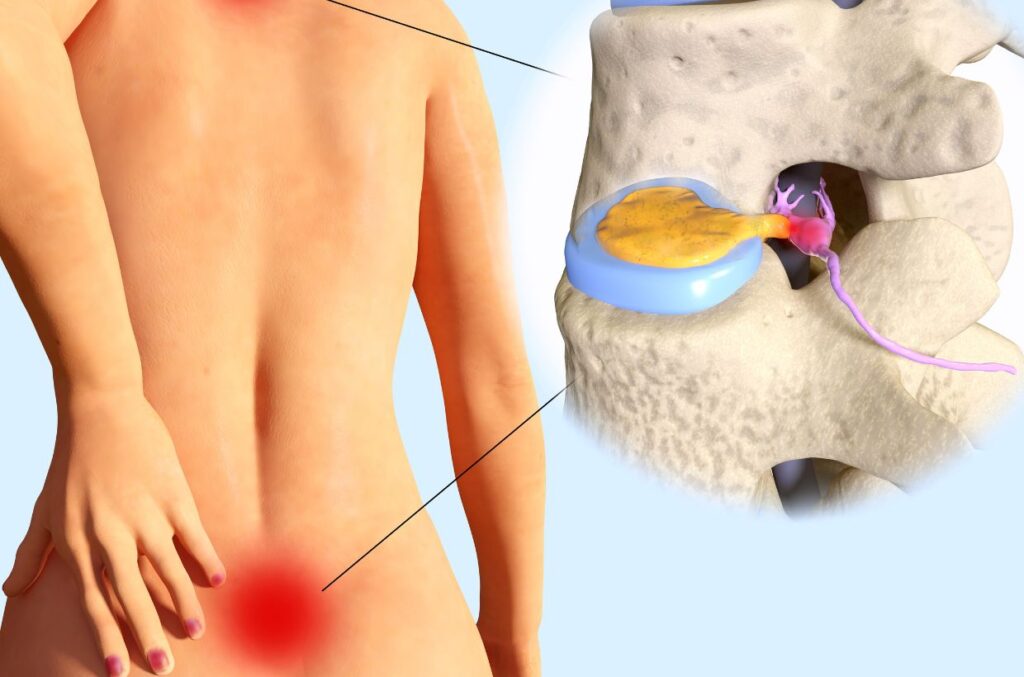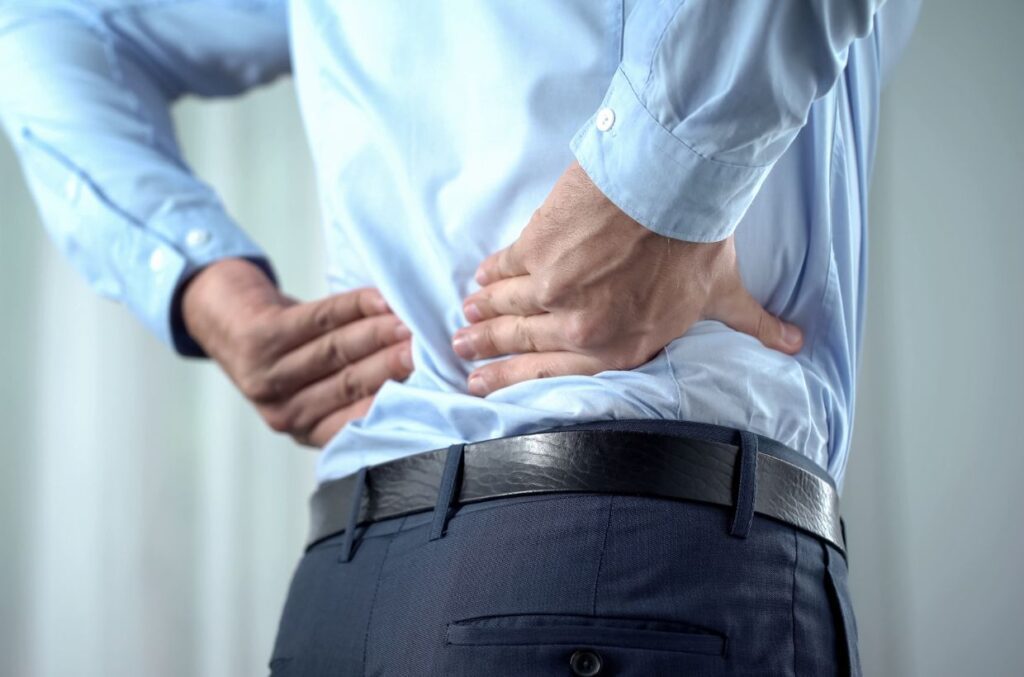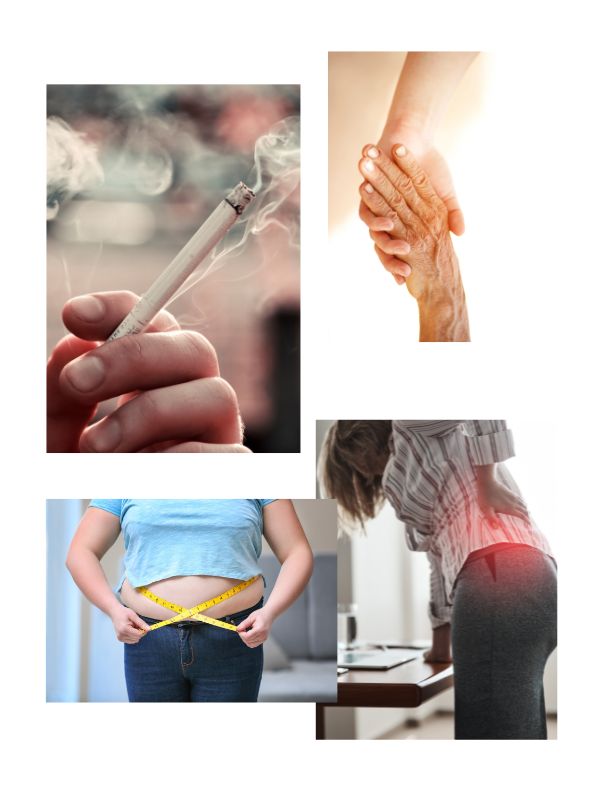Advanced Slipped Disc treatment in Hyderabad
- One day discharge
- No surgery required
- Minimal procedure
- Join work in two days


What is a slipped disc?
A slipped disc, also known as a herniated disc or a ruptured disc, is a condition that occurs when the outer layer of a spinal disc is damaged and the soft inner material bulges out. The spinal column is made up of a series of bones called vertebrae, which are separated by intervertebral disks that act as shock absorbers. When one of these disks becomes damaged, it can cause pain, numbness, and weakness in the affected area.
Where does this pain occur?
- Lumbar region (Slipped discs most often occur in the lower back )
- Cervical region( but they can also happen in the neck ) and
- Thoracic region( the upper back).
- The condition is often caused by a sudden injury or strain, but it can also occur over time due to wear and tear on the spine.
Treatment for slipped disc
- Rest
- Physical Therapy
- Pain Medication
- Sometimes Surgery
Symptoms of Slipped Disc


Causes for Slipped Disc
There are several potential causes of a slipped disk, including
What is Herniated Disc
A Herniated Disc, also known as a slipped or ruptured disc, occurs when the soft centre of a spinal disc protrudes through a tear in the outer ring of the disc. This can cause pain, numbness, and weakness in the affected area. Herniated discs most commonly occur in the lower back (lumbar region) and neck (cervical region), although they can also occur in the thoracic (mid-back) region.
Tell us about your Pain Conditions
Dr. PALLAVI DASYAM
Interventional Pain Specialist MBBS DA FIPMDr. PSS KIRAN
Interventional Pain Specialist
MBBS MD FIPM
